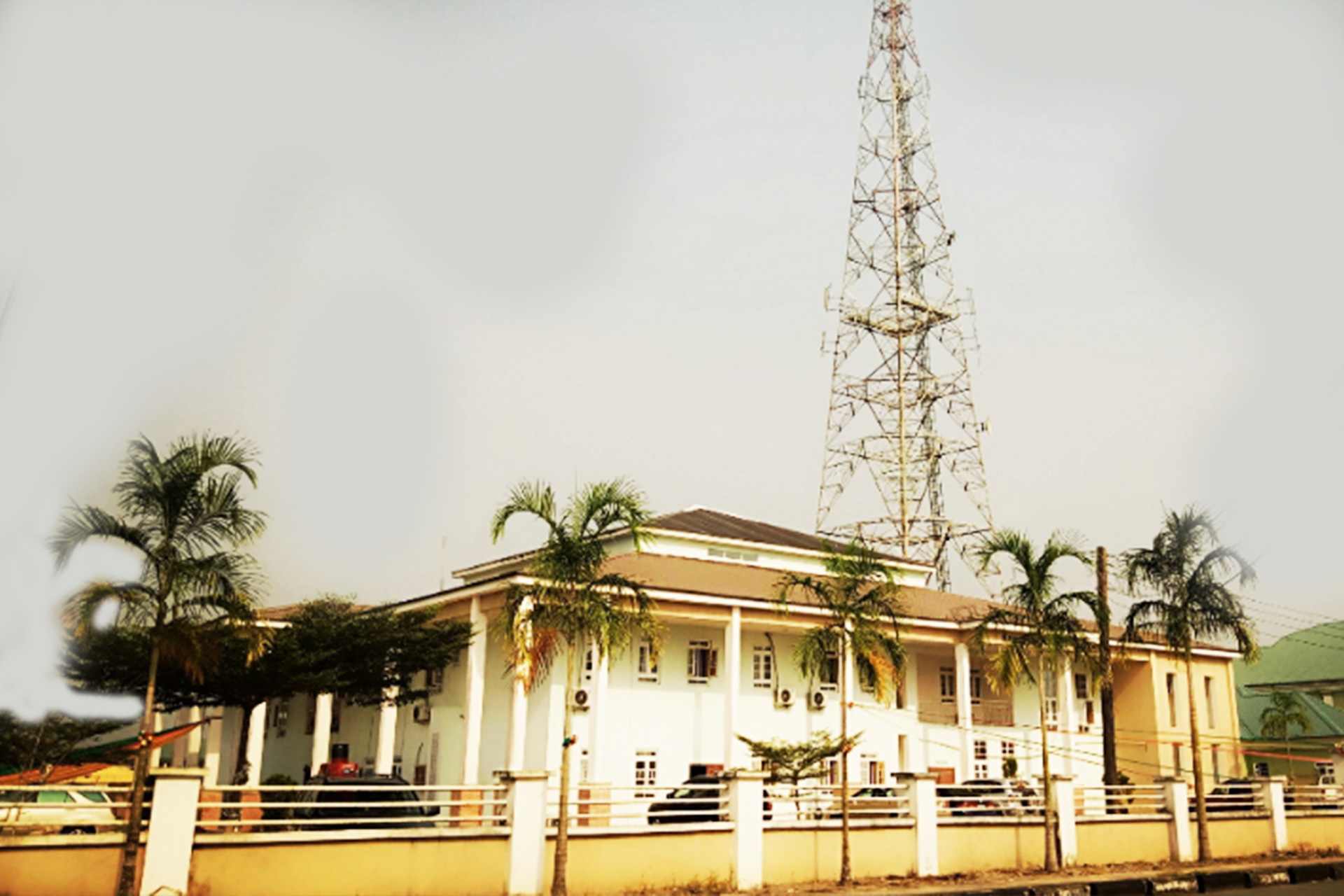Benjamin Netanyahu, former Prime Minister of Israel opines that “those who lost their lives and loved ones as a result of their service to humanity will never be forgotten in the history of planet Earth.” This assertion perhaps propelled the need for World leaders of the United Nations to commemorate those who lost their lives while engaged in humanitarian activities the World over; thus, the pronouncement of August 19 annually as World Humanitarian Day in honour of humanitarians for their selfless services.
It is also a remembrance day for Sergio Vieira de Mello, the advocate for world peace, chief humanitarian and UN’s High Commissioner for Human Rights, killed with 22 aid workers at the Canal Hotel bombing in Baghdad, Iraq on August 19, 2003. The UN general assembly then formalized the date as World Humanitarian Day in 2009.
The 2021 theme focuses on “the Human Race,” their activities and how they cause climate crisis and their immediate human cost. Leaders all over the world and humanity as a whole are therefore encouraged to take deliberate steps against climate change for the safety of all, especially the vulnerable ones in society; children, elderly, pregnant women, the sick, etc.
Hence, the constant emitting of carbon dioxide and nitrous oxide through the burning of fossil fuels such as coal, oil and gas, smoke from electricity production, in addition to the use of harmful fertilizers, deforestation, volcanic eruptions, ocean currents, oil drilling, indiscriminate dumping of garbage and many other harmful activities endangers lives, the environment, food, water, air, and our general wellbeing.
These harmful activities are factors causing climate change. While some are natural and others human induced, the cost effects are the depletion of the ozone layer, global warming: harsh temperature and weather conditions, change in the ecosystem, flood, poor water, air and food production, the resultant effects are food shortage, poverty, poor economy, infections, disabilities, even death, because the regular inhaling of bad air, drinking of polluted waters and contaminated foods have their dangerous effects.
While humanitarian workers put their lives at risk to provide succor and healthcare services to save and improve lives, at the occurrence of the natural and human induced crisis mentioned above, it behooves all to purposefully take care of our immediate environments, for the good of all.
In Nigeria the National Policy on Climate Change is tagged with the responsibility of putting in place measures to reach net-zero emissions by 2050, with the task of ensuring that people end the energy poverty by 2030, and Global Energy Transitions must be inclusive, equitable, and just, taking into account the different realities of various economies.
Thus, we should purposefully ensure cleanliness and avoidance of activities that are harmful to the basic needs of life, like food, water and air, because the pollution of these through our various activities causes life threatening results.
Governments at all levels should put in place measures to stop deforestation, reduce the emission of fossil fuels into the air, especially in the rural areas; the burning of coal, oil and gas, firewood, bush burning, etc. stop dumping garbage indiscriminately, thereby blocking the water ways and the planting of trees should be encouraged. Humanitarian workers should also be encouraged to achieve more goals. Therefore a lasting solution to end the ongoing strike by the Nigerian Association of Resident Doctors (NARD) for instance, would be a great achievement, to protect and save lives.
Timinepere Jombo idoko
Min. of Information, Orientation and Strategy.









